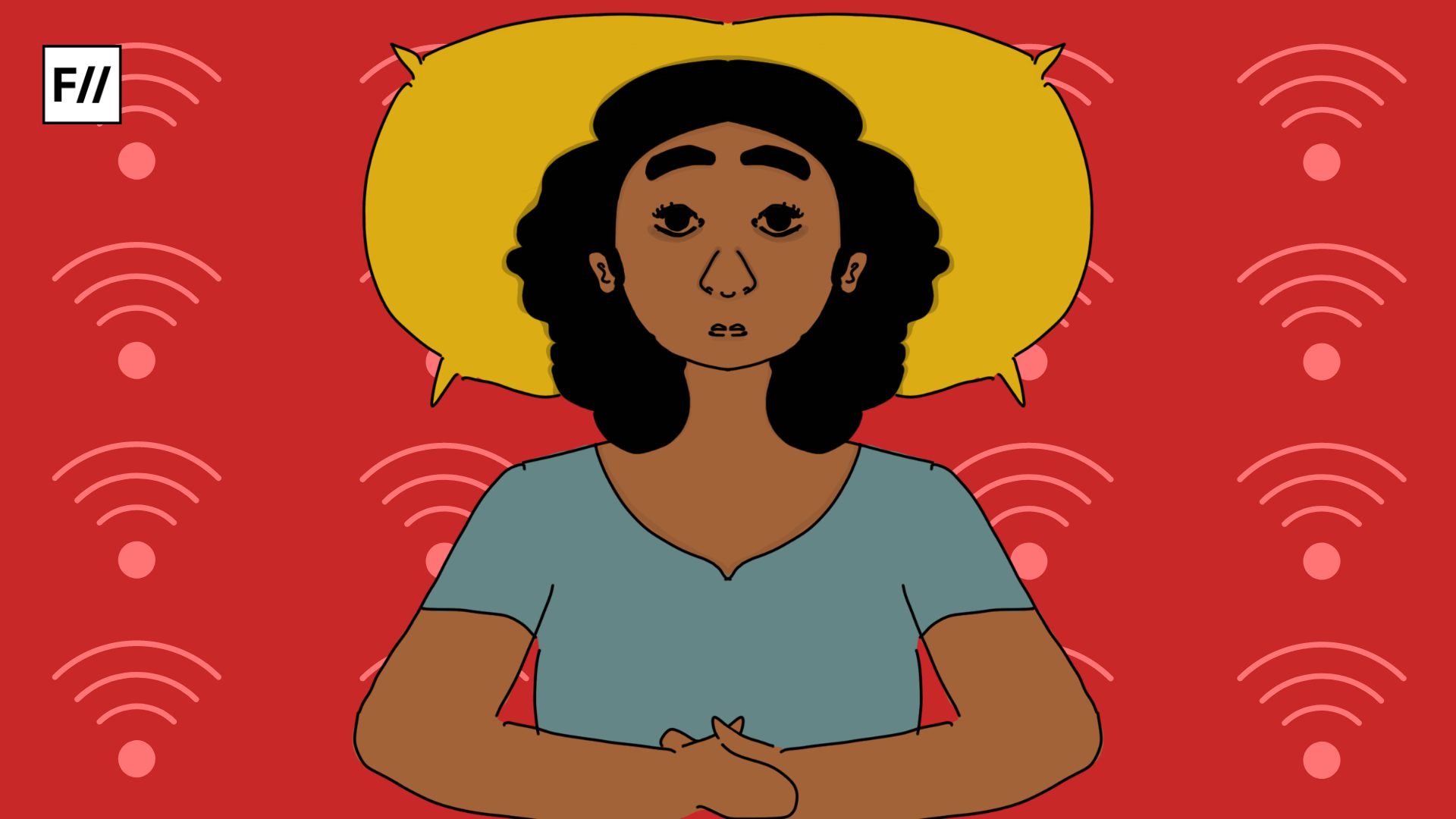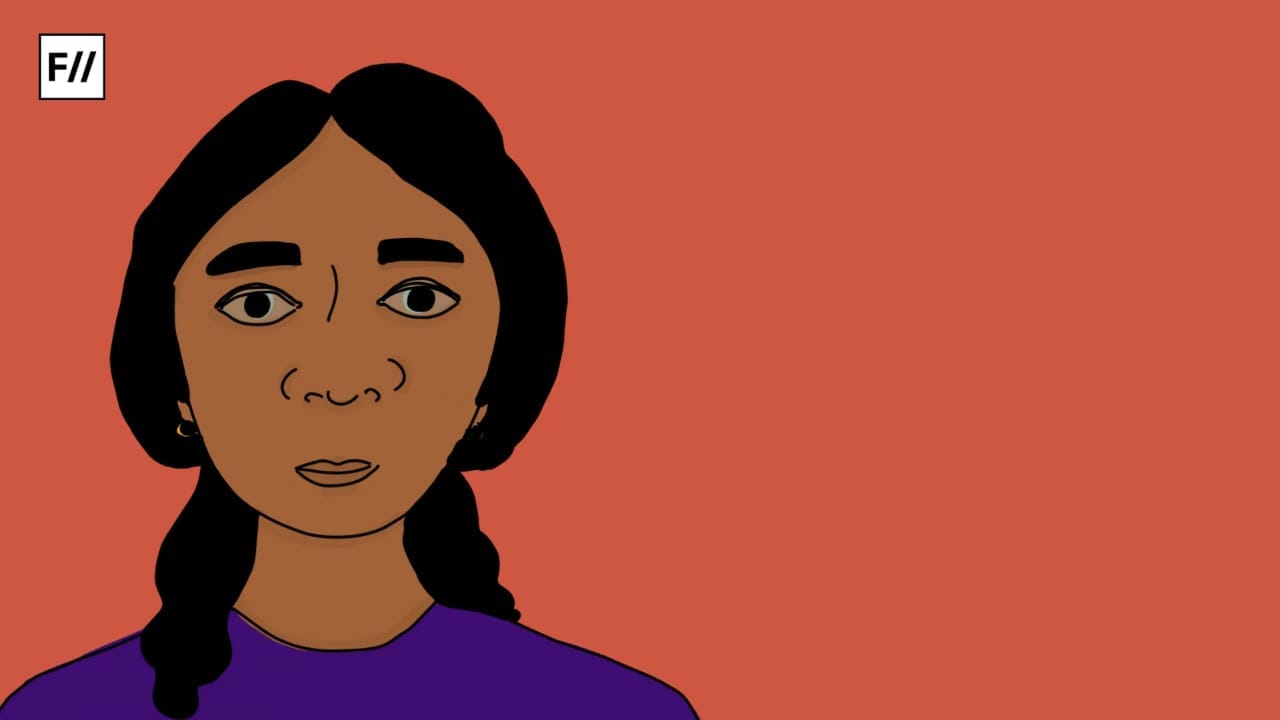Trigger Warning: Mention of childhood abuse, rape threats and violence
As a little girl growing up in a typical, middle-class Indian family, I believed what society, media, and family portrayed about human relationships. Girls are supposed to marry boys and have kids. However, even as a child, this idea just didn’t appeal to me. I was a big fan of fairy tales but again, I could never understand why every princess ended up with a prince at the end.
Weirdly, my inability to understand the idea of girls wanting to marry boys wasn’t shared by my friends. Everyone around me behaved as if it was the most “normal,” thing in the world, leaving me even more perplexed.
One day, when I was around seven or eight, my best friend told me that she would marry me if girls could marry girls. That was an “aha!” moment for me and I realised that the idea of girls marrying girls made a lot more sense to me than the idea of girls marrying boys! For a couple of years, I dreamed of growing up and marrying my best friend, but that wasn’t to be. Her family moved away and I was devastated.
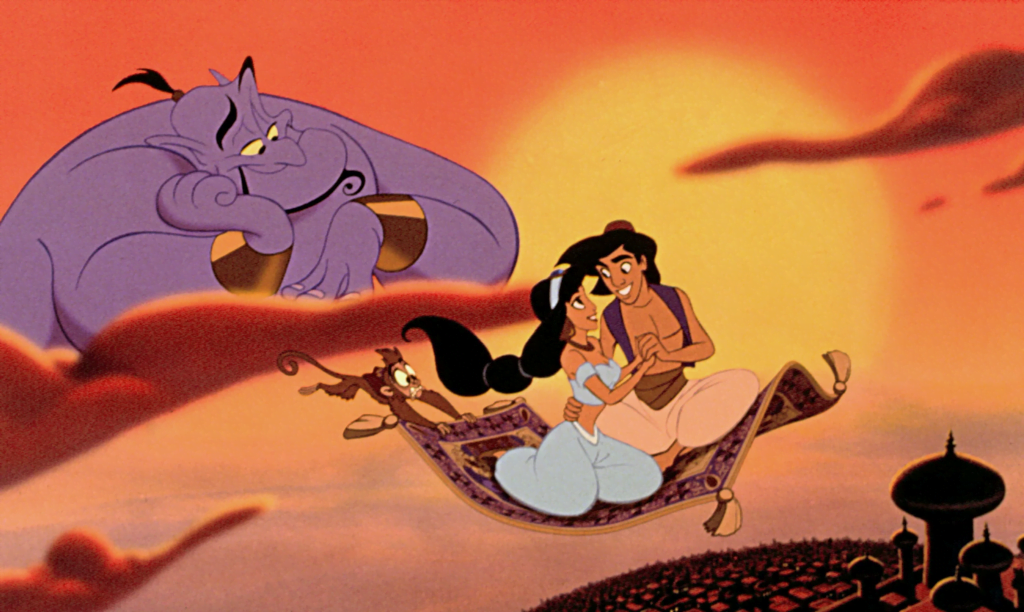
The way I grieved when she moved away wasn’t healthy. But then, nothing in my life back then was “healthy.” I lived with unhappily married parents who abused and neglected me, sometimes to the extent I just wanted to perish. My best friend was the only person I felt safe with and with her gone from my life, I further descended into an abyss of hopelessness.
As a teenager, I observed that other girls my age wanted to talk to boys, date them, and even dreamed about marrying them when they were older. I couldn’t resonate with them. Yes, I did “like,” a boy in my class, and looking at him made me happy, but I didn’t want to date or marry him!
By my mid-teens, I was very well aware of the unhealthy, toxic dynamic between my parents. My parents loathed each other but still stayed married. Also, my mother always told me how miserable her life had become since her marriage. Could my lack of interest in romantic relationships and marriage be due to this?
So, maybe it was true that girls don’t have any sexual feelings but are still supposed to have sex to make their boyfriends and husbands happy.
My mother had been physically and emotionally abusing me from a young age. The physical abuse stopped when I entered my teens but the emotional abuse intensified. When I was around 15 or 16, she sat me down for a “sex education,” talk session. She told me that girls and women don’t experience any sexual feelings, but they still have to have sex with their husbands.
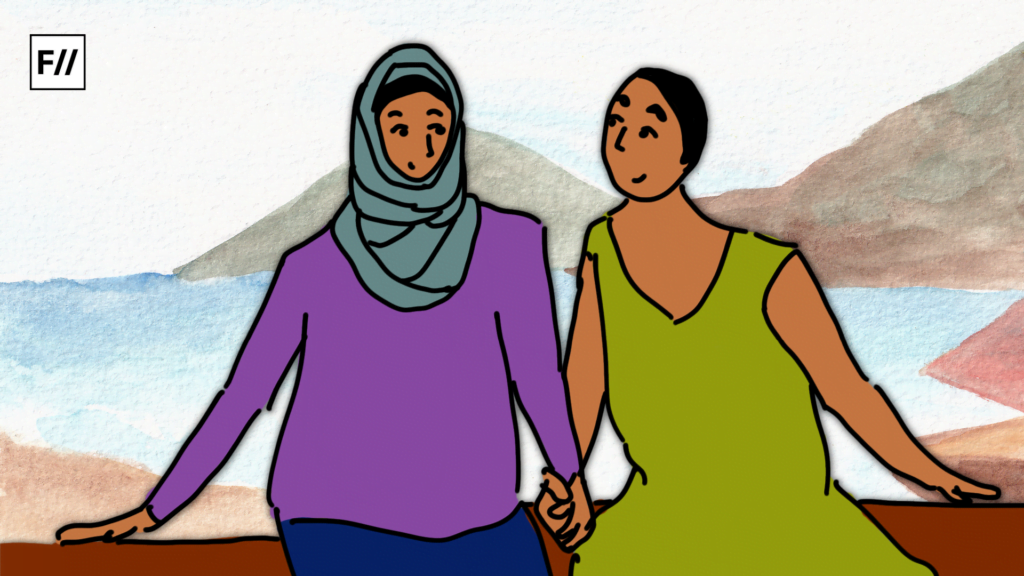
“Women who don’t want to have sex get raped by their husbands,” she said with a smirk, “and one day, I will get you married to a man who will rape and abuse you. That is what you deserve.” This conversation left me reeling in shock. However, I could resonate with the part about girls not having any sexual feelings because I didn’t have any!
My classmates used to share sex jokes and laugh but I never found those funny. I felt uncomfortable when they talked about kissing and making out. So, maybe it was true that girls don’t have any sexual feelings but are still supposed to have sex to make their boyfriends and husbands happy.
By the time I was in my late teens, the abuse at home was escalating. I wanted to escape from the household and felt that maybe marriage was my only option. Growing up being constantly abused and belittled, I didn’t have the confidence to think I would be able to escape by myself. I thought I needed a man to “rescue,” me.
There was this boy who was constantly flirting with me and I thought he would marry me and rescue me from my mother. I didn’t want to have sex with him but I convinced myself that agreeing to get sexual with him was probably my only chance at escaping from my family. Thankfully, he dumped me before we got to that stage.
The ensuing years were horrible but I was somehow able to get a job in another city, move away from my mother, and work on rebuilding my life. Finally, in recent years, I learned about the concepts of asexuality and aromanticism. People who were asexual and aromantic could still experience other forms of platonic, tertiary attraction.
I wish they taught children about different sexual and romantic orientations in school so that queer kids don’t grow up feeling isolated and confused just because they don’t fit into the “norm.”
Suddenly my experiences started making sense to me and a light bulb went on in my head. That was it—I was an asexual and aromantic person who did experience platonic attraction! This explained my innocent love for my childhood best friend and the non-romantic, non-sexual crushes I had on boys in school. I was pan-oriented because I could love both men and women in an intense platonic manner devoid of any romance or sexual desires.
Learning that specific labels exist to describe people like me was extremely reassuring. For years, I had wondered if it was my mother’s abuse that had made me incapable of experiencing romantic love or sexual desire for men. But now I know the answer and it brings me peace. I wish they taught children about different sexual and romantic orientations in school so that queer kids don’t grow up feeling isolated and confused just because they don’t fit into the “norm.”
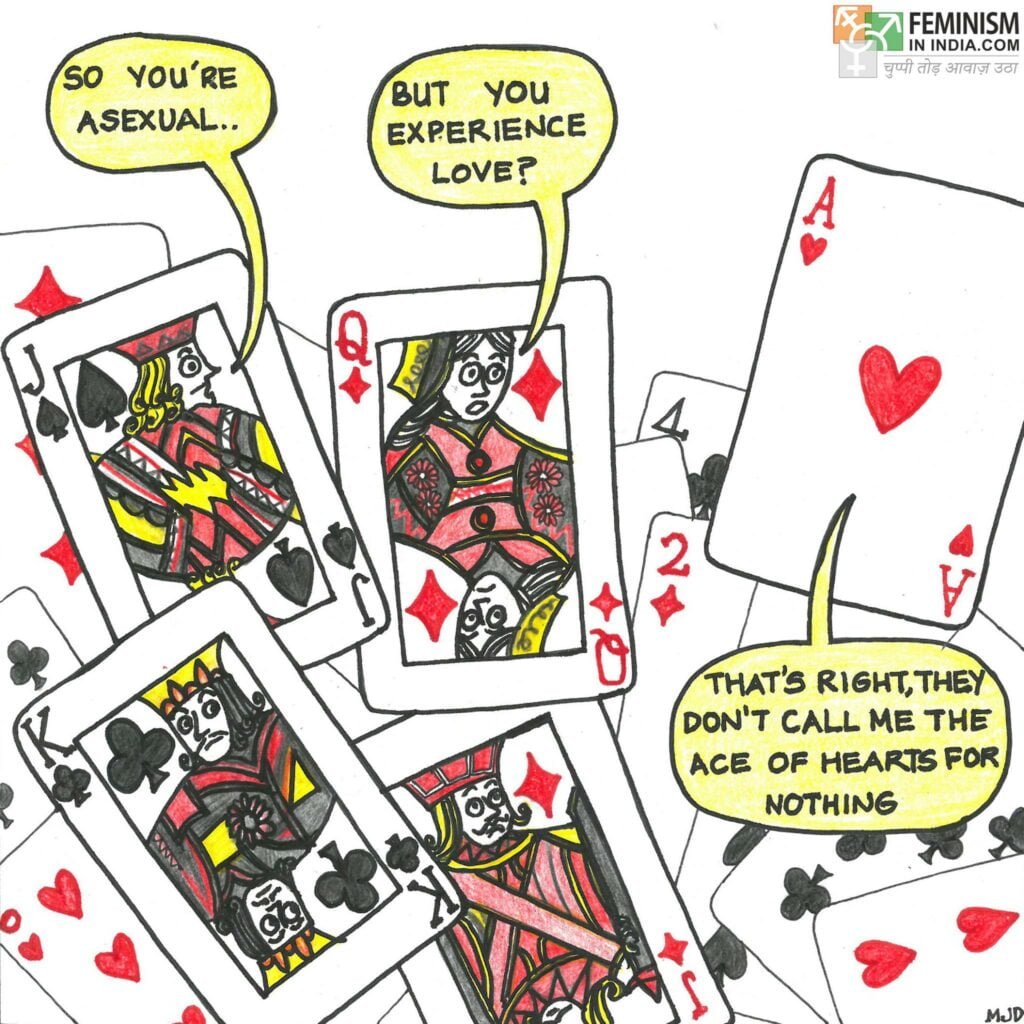
When I was a child, being cisgender heterosexual was the “norm,” and every child, irrespective of who they were, had to force themselves to fit into what was considered socially acceptable. By the time I was in college, young adults were beginning to realise that there was more to human sexuality and gender identity. Back then, the acronym “LGBT,” was used to refer to queer folks. However, this term was hardly inclusive.
While lesbian, gay, bisexual, and transgender persons were beginning to gain acknowledgement as the LGBT community, there was still no means for those of other sexualities or gender identities to identify themselves. No wonder so many children and teenagers ended up feeling confused and frustrated since they were neither heterosexual nor could they relate to the LGBT community.
It is promising to see that today the term LGBTQIA+ is used when referring to the queer community as society’s understanding of diverse gender identities and sexual expressions continues to evolve. Hopefully, children in the contemporary era will find it easier and safer to figure out their gender identities and sexualities than their predecessors.
About the author(s)
Namrata is a freelance writer + vegan blogger + intersectional feminist. Against all forms of oppression, she’s on a constant journey of unlearning her internalized misogyny.
